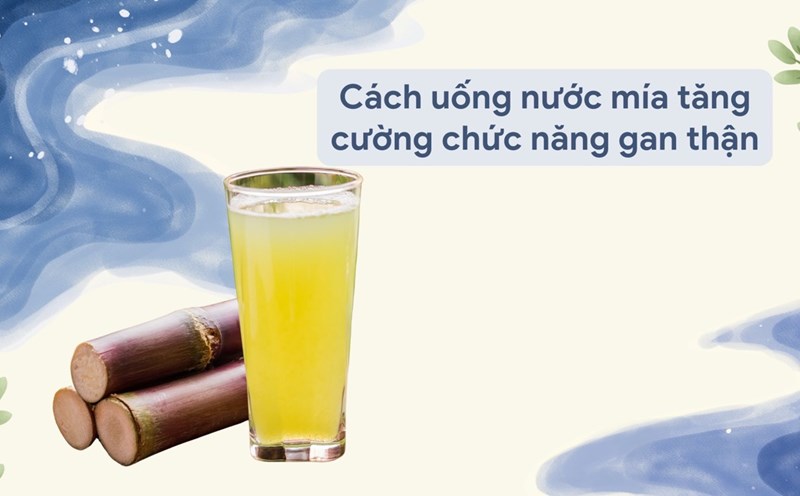Dried grapes contain a lot of soluble fiber and polyphenols, powerful antioxidants. These substances help the liver reduce the burden of toxin metabolism, while improving blood filtration function. The abundant potassium and magnesium in grapes help balance electrolytes, limiting the formation of kidney stones.
A study published in the Journal of Food Science showed that moderate raisin supplementation helps improve liver enzymes and reduce oxidative stress, the leading cause of liver and kidney damage.
Dr. Vandana Sheth, a nutritionist at the American Dietetic Association (AND), commented: Dried grapes provide natural energy and antioxidants. If used properly, they are not only good for the heart but also contribute to maintaining healthy liver and kidney function.
The recommended use is to soak the raisins in warm water for 68 hours, then drink the juice and eat the grapes. However, due to its high content of natural sugar, raisines need to be used in moderation, especially in people with diabetes.
In addition to dried grapes, dried apricots and dried jujube are also good choices thanks to their rich antioxidants and minerals, supporting liver and kidneys to function more effectively.










